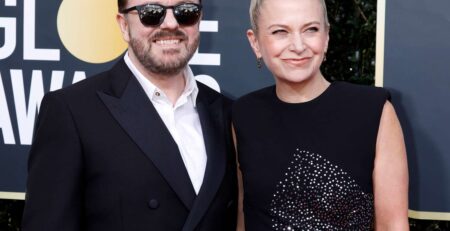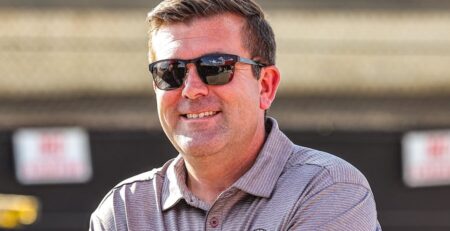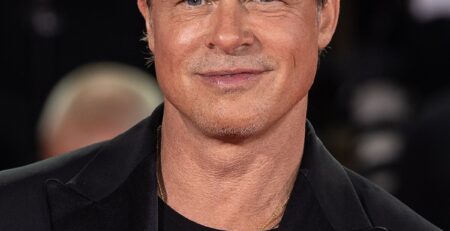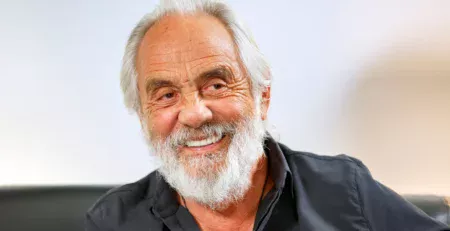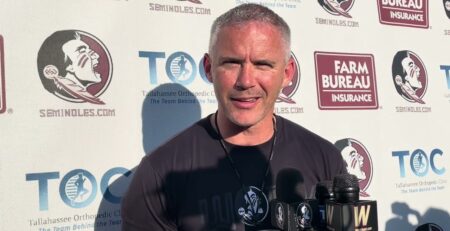OFFICIAL NEWS: The CEO OF Walt Disney Company, Bob Iger Decide to…. read more
OFFICIAL NEWS: The CEO OF Walt Disney Company, Bob Iger Decide to…. read more
Disney C.E.O. Bob Iger Hands Keys to Magic Kingdom to Its 7th Chief
He will be replaced by Bob Chapek, who was most recently chairman of Disney’s parks business.
LOS ANGELES — Robert A. Iger, who delayed his retirement four times in recent years, abruptly stepped down as Disney’s chief executive on Tuesday. But he will not be going far.
The Walt Disney Company said that Mr. Iger, who has run Disney for nearly 15 years, would be replaced as chief executive by Bob Chapek, a 27-year veteran of the entertainment conglomerate who has most recently served as chairman of Disney’s theme parks and consumer products businesses. Mr. Chapek will report to the Disney board, which will continue to be led by Mr. Iger, who will also take on the title of executive chairman and “direct Disney’s creative endeavors,” the company said, until the end of his contract on Dec. 31, 2021.
Mr. Iger, 69, had been expected to remain chief executive until that date, with some people in the entertainment industry speculating that he would extend his reign for a fifth time. As such, the out-of-the-blue passing of the baton to Mr. Chapek, 60, surprised Wall Street and Hollywood. Disney shares dropped 3 percent in after-hours trading, to $125.30, before regaining some ground.
Disney has a history of bumpy transfers of power. Mr. Iger’s predecessor, Michael D. Eisner, tried to cling to his job, and in the end he turned over a struggling company.
“It’s only abrupt in other people’s eyes because we haven’t been talking about it publicly,” Mr. Iger said by phone. “I have been discussing this with the board for a number of months. I basically described what I thought my best use was given that our asset base and strategy are pretty much in place. And that was to fully focus on the creative side of our business and make sure that our creative pipelines are vibrant.”
He added, “That is very, very important, especially as we roll out Disney Plus around the world. In thinking about what I want to accomplish before I leave the company at the end of ’21, getting everything right creatively would be my No. 1 goal. I could not do that if I were running the company on a day-to-day basis.”
The Disney Plus streaming service is a make-or-break effort to reposition Disney for growth — its traditional cable businesses are in decline — and compete with the tech giants that are aggressively moving into Hollywood. Introduced in November, Disney Plus has nearly 30 million subscribers in the United States and will arrive in the coming months in Europe and India. Other significant near-term challenges for Disney include the coronavirus outbreak; the Shanghai Disney Resort and Hong Kong Disneyland have been closed for a month and the virus could hurt parks in Japan, France and the United States.
Mr. Iger said the Disney board “identified Bob actually quite some time ago as a likely successor.” He said he decided not to elevate Mr. Chapek to an interim role — perhaps chief operating officer, a job that has not existed at Disney since Thomas O. Staggs, once Mr. Iger’s heir apparent, left the company in 2016. “I did not believe that would bestow on him the kind of autonomy that I wanted him to have during this transition,” Mr. Iger said. Furthermore, “I’m not going to suddenly be working three days a week. My new role is a full-time job.”
And, no, he is not planning to run for president, as he had flirted with in the past. “I think it’s a little late for that,” Mr. Iger said with a chuckle.
Mr. Chapek, who has limited creative experience, became the seventh chief executive in Disney’s nearly 100-year history. He can come across as a bit stiff in comparison to the magnetic Mr. Iger, whose celebrated run at the company has made him a corporate celebrity. But what Mr. Chapek may lack in charisma, he makes up for with an uncynical admiration for Disney’s sentimental style of entertainment, gladly clapping along with the parade when he visits the parks and gamefully engaging in scripted banter with costumed characters.
“I have absolute confidence in his abilities, as does the board,” Mr. Iger told analysts on a conference call. “I intend to work very closely with Bob. My goal when I leave here is that he will be just as steeped in the creative part of the business as I am today.”
Mr. Chapek said that he had spent “the last couple weeks” talking with Mr. Iger and the Disney board about becoming chief executive. “I share his commitment to creative excellence, technological innovation and international expansion, and I will continue to embrace these same strategic pillars going forward,” Mr. Chapek told analysts. “A lot of the heavy lifting has already been done, and now it’s a question of refining that.”
Before joining Disney in 1993, Mr. Chapek worked in brand management at H.J. Heinz and J. Walter Thompson Worldwide. Raised in Hammond, Ind., Mr. Chapek has a degree in microbiology from Indiana University and received his M.B.A. from Michigan State University.
Mr. Chapek first made a name for himself at Disney by spearheading the company’s highly successful “vault” strategy for its iconic animated films, bringing them on and off the market in cycles that allowed Disney to sell the films repeatedly on DVD and Blu-ray discs. He rose to president of distribution for Walt Disney Studios before serving as president of consumer products for four years.
He was named chairman of Disney’s theme park operation in 2015, overseeing 170,000 employees worldwide. He has quietly shined in that role, helping Mr. Iger open the Shanghai Disney Resort; overseeing the construction of two colossal “Star Wars”-themed expansions at Walt Disney World in Florida and Disneyland in California; and finding numerous smaller ways to make the parks more profitable.
While puzzled by the timing of the announcement, analysts were supportive of the choice.
“Chapek is a really good, no-brainer pick — the other division leaders have been there too short of a time,” Michael Nathanson, a media analyst and founding partner at MoffettNathanson, said in a phone interview. “He’s a really nice person who is part of the Disney culture, which is important.”
Other candidates to succeed Mr. Iger included Kevin A. Mayer, chairman of Disney’s direct-to-consumer and international division, and Peter Rice, chairman of Walt Disney Television.
Mr. Chapek indicated that he hoped to rely on both of those men. “Obviously I have not spent as much time on the media side or the direct-to-consumer side, but we have some really great, experienced leaders that are in place in those businesses,” he said.
Even so, Mr. Chapek said that his years at Disney had given him “a bit of fluency” in those businesses. “I’m familiar with the opportunities and some of the challenges that they all face,” he said.
Since taking over as chief executive in October 2005, Mr. Iger has led Disney to record financial results, even in the face of economic downturns, the occasional horrendous movie write-off and changing consumer habits that dented ESPN, the company’s longtime profit engine. Last year, Mr. Iger completed a $71.3 billion acquisition that gave Disney the bulk of Rupert Murdoch’s media empire, substantially altering the entertainment landscape. Mr. Iger then oversaw the successful introduction of Disney Plus.
The downside to that success? Nobody seemed to measure up, complicating succession. One internal candidate to succeed Mr. Iger, the well-regarded Mr. Staggs, abruptly left Disney in 2016 after losing the unqualified support of Mr. Iger and some other board members. Since then, Disney has been engaged in a quiet hunt for a successor.
Even among media conglomerates, Disney has a unique mix of businesses, some of which are healthier than others. The company’s movie studio is widely regarded as the strongest in Hollywood and the Disney theme parks are delivering record profits. But the company’s vast consumer products division has been challenged, and Disney’s television operation, which includes ABC, Disney Channel and Freeform, has been struggling with ratings weakness and a lack of breakout shows. Now it has entered the streaming era with Disney Plus, which has started strong but will lose money for the coming years as Disney spends billions of dollars on original content and technological infrastructure.
Mr. Iger started his entertainment career at ABC in 1974. Disney has no mandatory retirement age for chief executives; the company’s mandatory retirement age for board members is 74.
Brooks Barnes is a media and entertainment reporter, covering all things Hollywood. He joined The Times in 2007 as a business reporter focused primarily on the Walt Disney Company. He previously worked for The Wall Street Journal. More about Brooks Barnes


